Russia Announces 72-Hour Ceasefire in Ukraine for Victory Day Commemorations
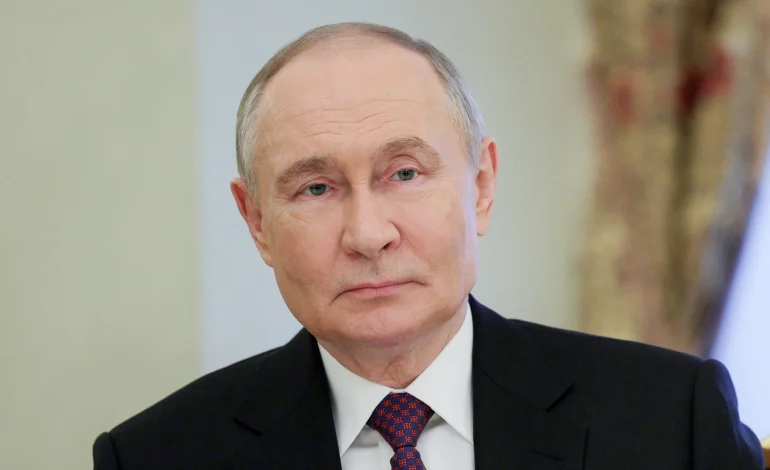
Russian President Vladimir Putin has declared a unilateral 72-hour ceasefire in Ukraine next week to coincide with Victory Day, marking the Soviet Union’s victory over Nazi Germany in World War II.
The Kremlin announced Monday that the truce, described as a “humanitarian” gesture, will run from the start of May 8 (2100 GMT, May 7) until the end of May 10 (2100 GMT, May 10).
The move comes amid ongoing efforts, led by the United States, to negotiate a broader and lasting end to the three-year-old conflict. Kyiv, however, has pushed for an immediate and longer ceasefire, calling the Russian announcement insufficient. Ukrainian Foreign Minister Andrii Sybiha emphasized Ukraine’s readiness for a full 30-day ceasefire, as proposed by US President Donald Trump, and called for hostilities to end without delay.
“If Russia truly wants peace, it must cease fire immediately,” Sybiha said, while questioning the timing and sincerity of Moscow’s offer.
The Kremlin urged Ukraine to reciprocate the temporary ceasefire and warned that any violations by Ukrainian forces would provoke an “adequate and effective response” from Russia.
The ceasefire announcement follows a series of previous, short-lived truces, including a 30-hour Easter ceasefire, which both sides accused each other of violating. Similar accusations have emerged regarding a previous 30-day halt on strikes against energy infrastructure, also brokered by the US.
Despite the ceasefire proposal, hostilities have continued. Early Monday, Russian drone attacks damaged infrastructure in Cherkasy, Ukraine, while Russia reported downing over 100 Ukrainian drones in its Bryansk border region. Air raid sirens were heard across Ukraine, though there were no immediate reports of casualties.
Efforts to broker a lasting peace remain fraught with challenges. US Secretary of State Marco Rubio described the coming week as “very critical” for determining whether Washington will continue its engagement in peace negotiations. While President Trump expressed some optimism about a potential settlement, he also voiced skepticism about Russia’s commitment, citing ongoing missile strikes on civilian areas.
Russia has linked the prospect of a broader ceasefire to conditions such as halting Western arms deliveries to Ukraine and ending Ukraine’s military mobilization. Russian Foreign Minister Sergey Lavrov reiterated that any future peace talks must address what Moscow sees as the root causes of the conflict, including international recognition of territories Russia currently controls, such as Crimea and parts of eastern Ukraine.
Meanwhile, Ukraine remains firm in its stance against territorial concessions. Ukrainian Prime Minister Denys Shmyhal said that Kyiv and Washington are making progress on agreements regarding Ukraine’s critical mineral resources but emphasized that any deal must respect Ukraine’s sovereignty and constitutional framework.
Victory Day, celebrated on May 9, is Russia’s most important secular holiday and holds deep national significance. The proposed ceasefire is intended to honor that historical legacy, but its impact on the broader war dynamics remains uncertain.
With input from the Associated Press, CNN, and Politico.
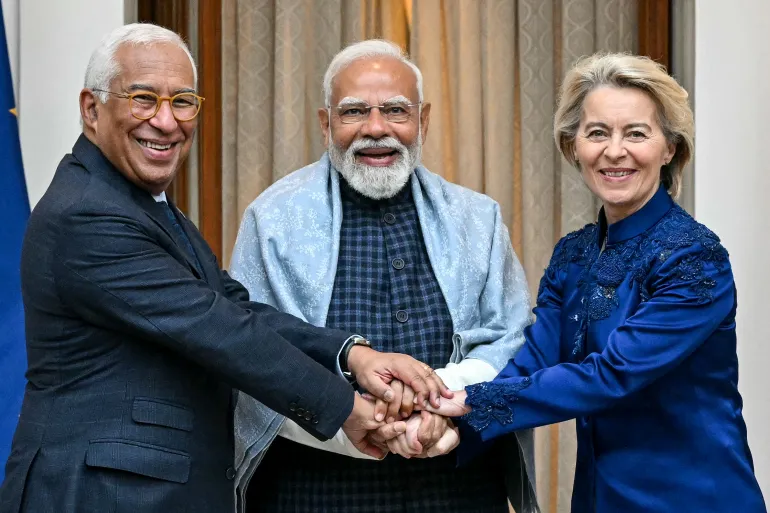
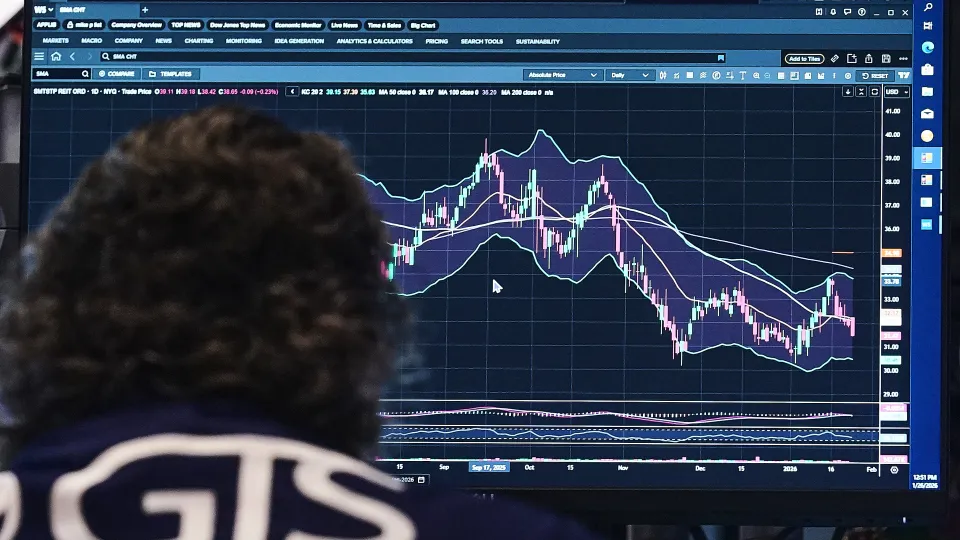
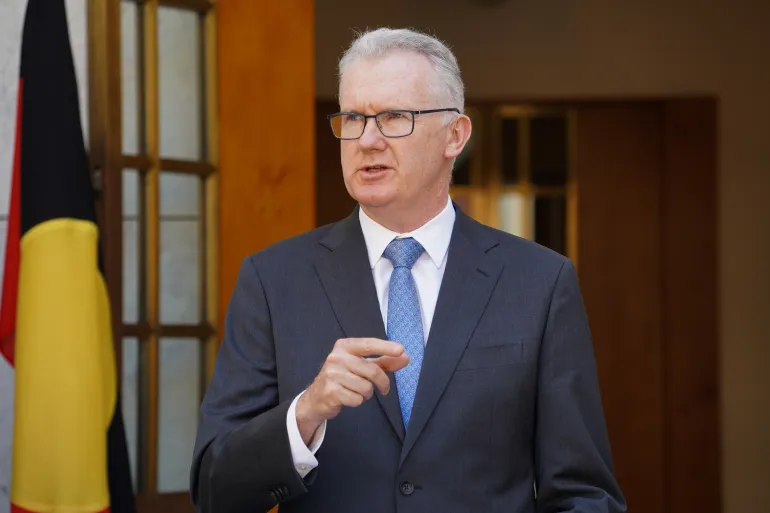
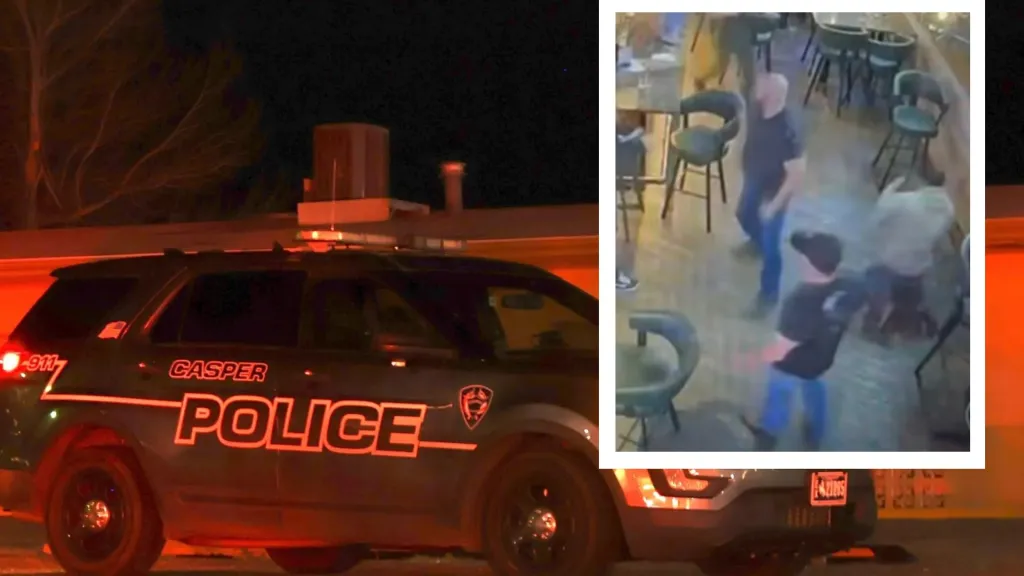
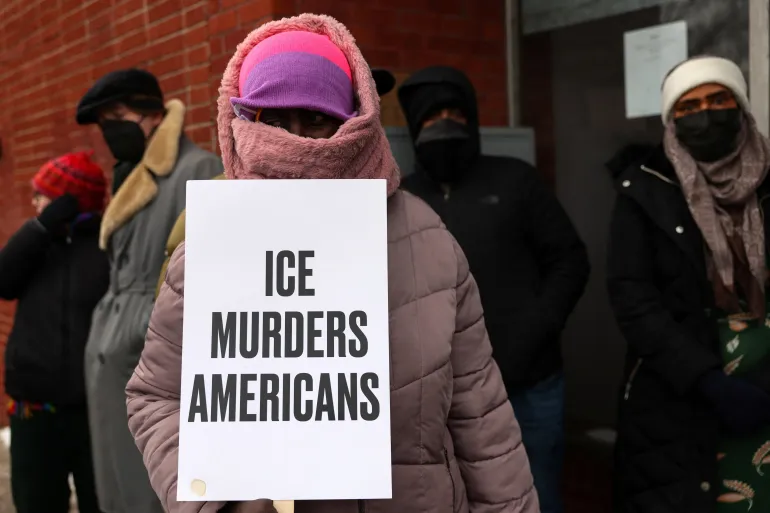




The latest news in your social feeds
Subscribe to our social media platforms to stay tuned